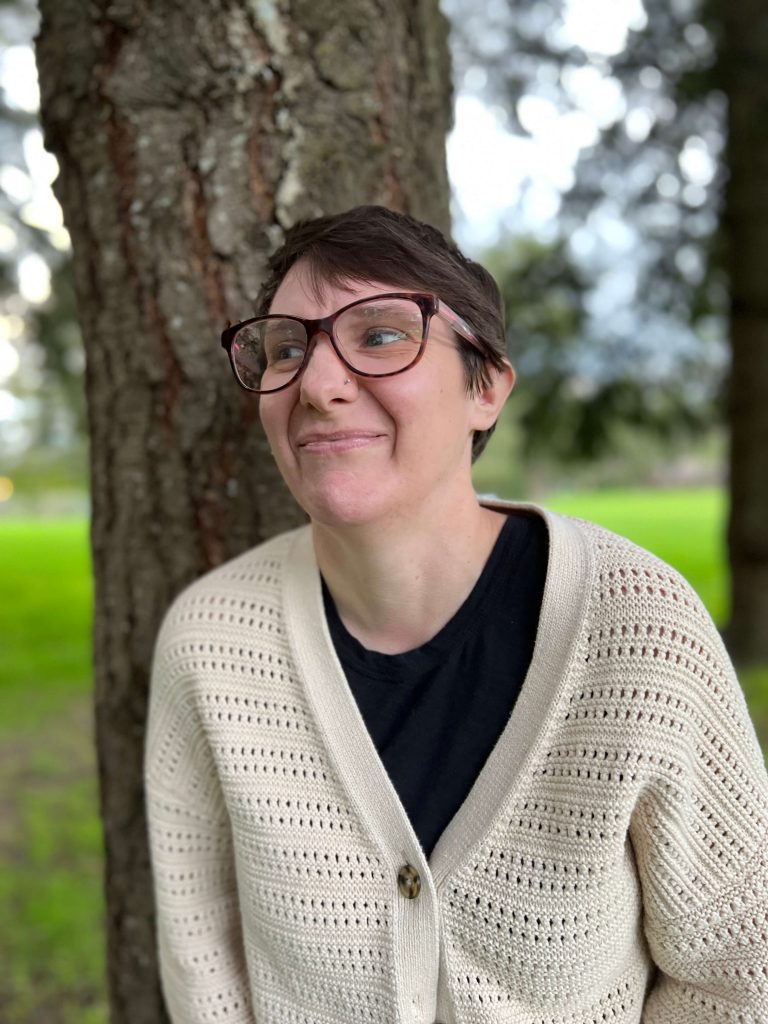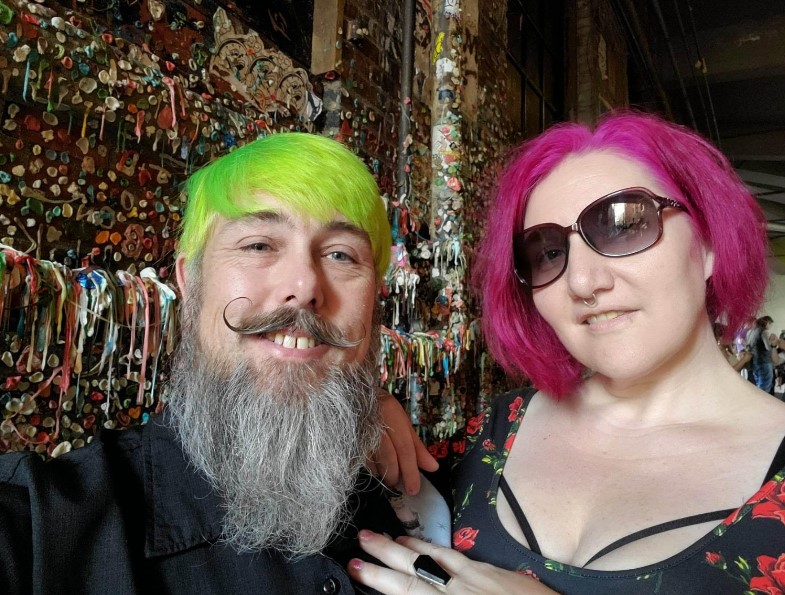Rupture and Repair
Stuff We Need To Say Out Loud
This is a love letter to all the parents who walked through a pandemic fire.
It starts with a secret we will whisper into the ears of our children.
Some of those children were born surrounded by the plastic shields and masks of 2020-2022.
Some are the children who graduated from high school and college in their parents kitchens—under the stress of a new and uncomfortable isolation.
The secret is this:
Sweet children.
We
Did
Not
Want
This
For
You.
We wanted you to go to your first day of preschool and climb into the car mid-afternoon covered in paste and leaves and purple paint.
We wanted you to wander the hallways of your high schools and fall in love.
We wanted you to cry,
about normal things.
However, you did not get to cry about normal things. We did not get to cry about normal things and now we move forward and through.
I have been tasked with writing from my clinical perspective the journey of parenting through emotional exhaustion.
That exhaustion is a maddening cycle that begins and ends with our profound connection to our children. I can only write in this new time: parenting pandemic. This new place is an imperfect performance and we parents are in the primary roles.
Clinically, what I can tell you is a child needs consistency. They need structure. Generally, parents need this, too.
The heartbeat of routine makes us all feel safe. The exhaustion of parenting is protected by knowing morning, noon, and night.
So here we are all laughing now.
My own schedule has changed faster than the cycle of the moon. School is out more than it’s in. What we can do—always changes. What we want to do—changes more.
Parents:
I
Did
Not
Want
This
For
You.
Parenting is a damn minefield of mistakes on a good decade. There is no right way to navigate these painful waters. There is no explanation for how much loving your children feels like a heart breaking.
And sometimes, our own trauma response from life, pandemic, the 1970s…
barrels its way in—— and we are hiding upstairs, locking the bathroom, smoking weed on the front stoop, drinking wine whilst watching hour three of Grey’s Anatomy, dreading the morning where we continue to potentially fail our children.
Emotional exhaustion is the iPhone at one percent with no charger in sight.
This is the place where all clinical social workers start whispering and it creates a low hum of thousands of caring heartbeats. What we are saying in that gentle loving tone through our speakers in our makeshift telehealth workspaces is this:
“Rupture and repair. Rupture and repair. Rupture and repair.”
Guardians, caregivers, parents.
Everyone creates ruptures with their children. We all fail beautifully. We hurt. We lose our temper. We cry and break plates. We give up and compromise our deep beliefs of what is right and good.
We cause harm. We all do.
The magic wand is this darling readers,
Repair those wounds. Look your children in their big gorgeous eyes and let them know you failed.
Tell them this is hard.
Tell them you don’t even know how to do it right.
Ask them questions.
Break the mold.
Do it differently.
The trauma we barely survived is healed by starting that conversation and allowing our children to help us rebuild the relationship. Rupture and repair.
Mary Kima
Mary Kima “Kima” is a Clinical Social Worker providing psychotherapy within the federal and state level probation offices in the Pacific North West. In her free time she manages an expansive online support group SWCSO (Stuff we can’t say out Loud) and is the Executive Director of the non-profit Fund that Bitch which provides funds for Bs in crisis.







Thank you for this. I needed to hear it very much. Love to you all
You are welcome! ❤️🐝